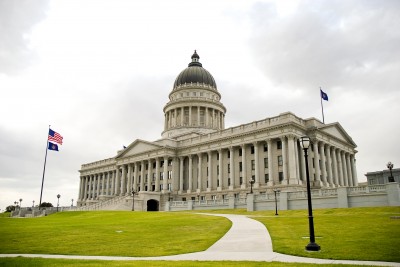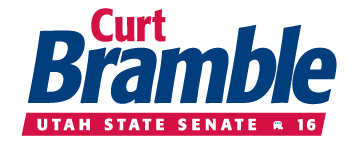We met this month for our final interim committee meetings before the 2013 session begins in January.
The Administrative Rules Review Committee heard a discussion on necessary changes for food handlers permits and the need to more specifically define the terms “abuse” and “neglect” in the state’s rules and statutes.
Business and Labor approved draft legislation dealing with the licensure requirements of someone who braids hair professionally. This has been an issue in several states for the last few years. They also discussed draft legislation that will deal with creating master licenses for restaurants that would like to serve alcohol.
The Government Operations Committee approved seven pieces of draft legislation as committee bills, five of which dealt with elections or campaigns.
The Health and Human Services Committee listened to a very interesting report on the relationship between physical activity and the academic performance of children in school and how it relates to the obesity epidemic. You might enjoy listening to it as well. Here is the link.
The Law Enforcement and Criminal Justice Committee held an extensive discussion on capital punishment in Utah. The legislators heard a report from the Office of the Legislative Fiscal Analyst comparing the costs of imposing the death penalty compared to life in prison. Here is a link to that discussion.
The Retirement and Independent Entities Committee dealt with several issues regarding coverage and benefits of public employees for the state.
Revenue and Taxation approved a committee bill called “Cigarette and Tobacco Tax and Licensing Amendments” that will address the licensing of cigarette and tobacco products to be discussed and debated during the upcoming session.
The Transportation Committee approved four committee bills, one of which will create a special license plate that will say, “In God We Trust.” This idea was brought to the legislature by a young man who noticed that 12 other states have a license plate option that says “In God We Trust” and he wondered why Utah did not. This is a great example of how anyone can bring up an issue to be addressed by the legislature. Here is a link to the testimony that was given to the committee.
In order for the license plate to become an option, 500 people need to commit to purchasing the special license plate and then the legislature as a whole must approve it. So far about 100 people have said that they would purchase the plate.
[frame src=”https://curtbramble.org/wp-content/uploads/2012/12/licenseplate.png” width=”225″ height=”115″ lightbox=”on” ]
So far, the interim committees have approved just over 70 bills for the legislative session. If a committee approves a bill during interim, it will generally go straight to the floor, skipping the committee process during the legislative session. The vetting process that the “pre-approved” bills is the same as those that go through the committees during the regular session, but having those bills ready to go the first few days of session helps us get a running start to a hectic 45 days.









